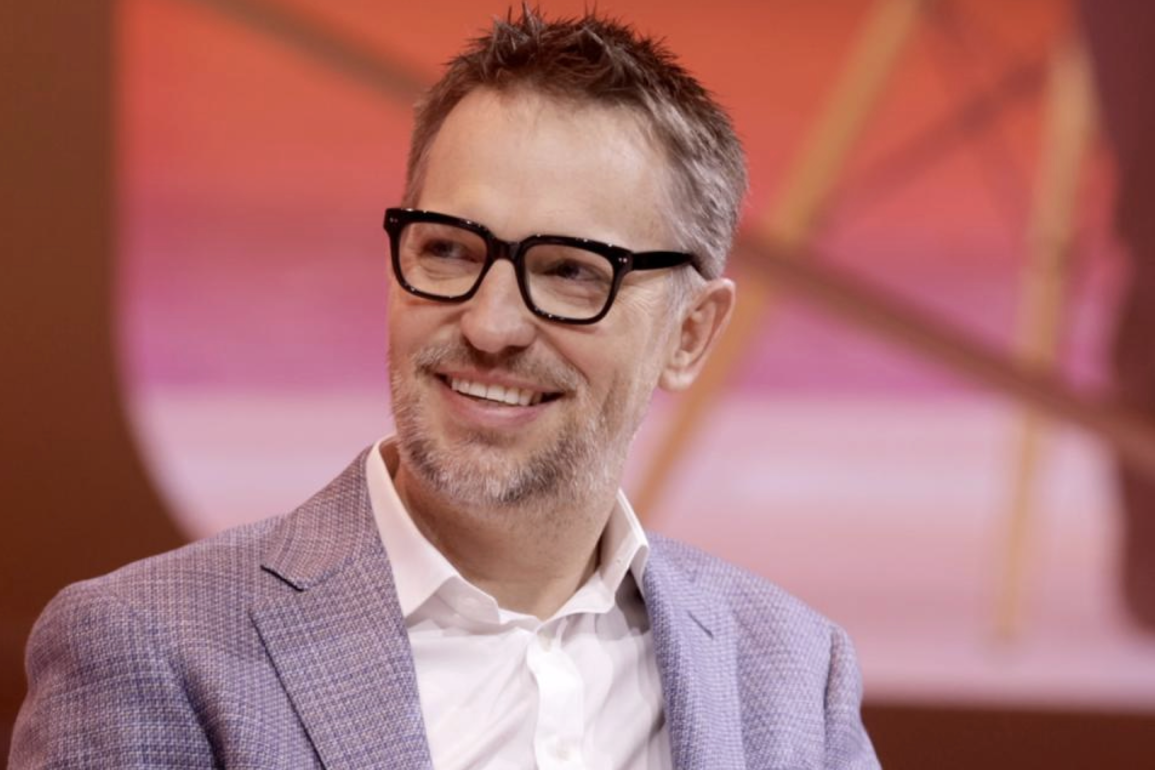The corner office may no longer belong to those with the most polished résumés or the most prestigious university degrees.
Ryan Roslansky, the chief executive of LinkedIn and executive vice president of Microsoft Office and Copilot, believes that the future of work will be defined less by traditional credentials and more by a blend of technical AI fluency and human skills.
“I think the mindset shift is probably the most exciting thing because my guess is that the future of work belongs not anymore to the people that have the fanciest degrees or went to the best colleges, but to the people who are adaptable, forward thinking, ready to learn, and ready to embrace these tools,” Roslansky said during a fireside chat at LinkedIn’s San Francisco office. “It really kind of opens up the playing field in a way that I think we’ve never seen before.”
Central to that transformation, he argued, is AI literacy, a skill that is already reshaping hiring trends across industries. A 2024 Microsoft survey found that 71 percent of business leaders would rather hire a less experienced candidate with AI skills than a seasoned professional without them.
On LinkedIn, job postings that require AI literacy jumped nearly 70 percent over the past year, underscoring how quickly employers are changing their expectations.
“AI is changing rapidly. It’s going to change the type of skills we want, the kind of jobs we’re going to have. It’s going to change where we go next in our career, and it’s changing how employers are looking at talent,” said Karin Kimbrough, LinkedIn’s chief economist. “That’s a lot. It’s a little scary.”
But even as artificial intelligence becomes pervasive, Roslansky cautioned against assuming it will replace workers outright. Instead, he said, people who learn to harness AI will gain a competitive advantage.
“I believe that the human component to all of this is quite frankly going to be most people’s secret weapon,” he said. “So, empathy, communication, adaptability, being able to actually just have a conversation with someone. Don’t forget the human skills. Those are critical to being successful in anything that you’re trying to do moving forward.”
In Roslansky’s view, the premium once placed on elite degrees is giving way to a broader, more inclusive measure of potential. Adaptability, empathy and communication, skills often described as soft, are quickly becoming the hardest currency in the labor market.




